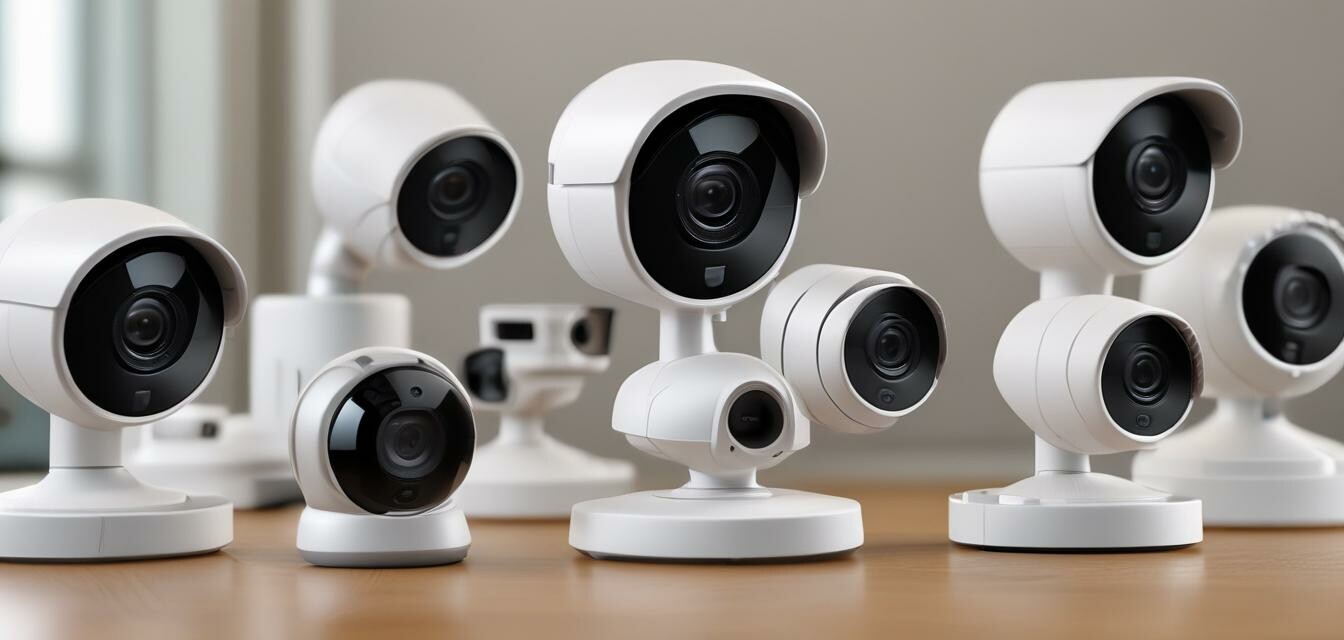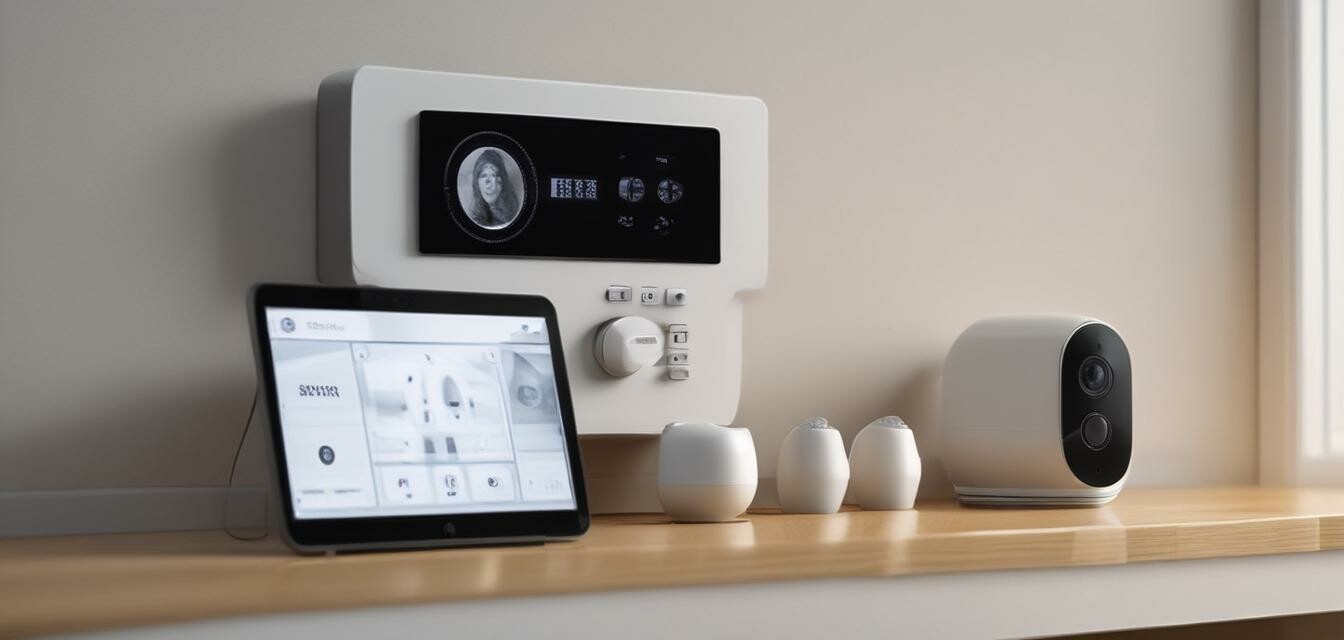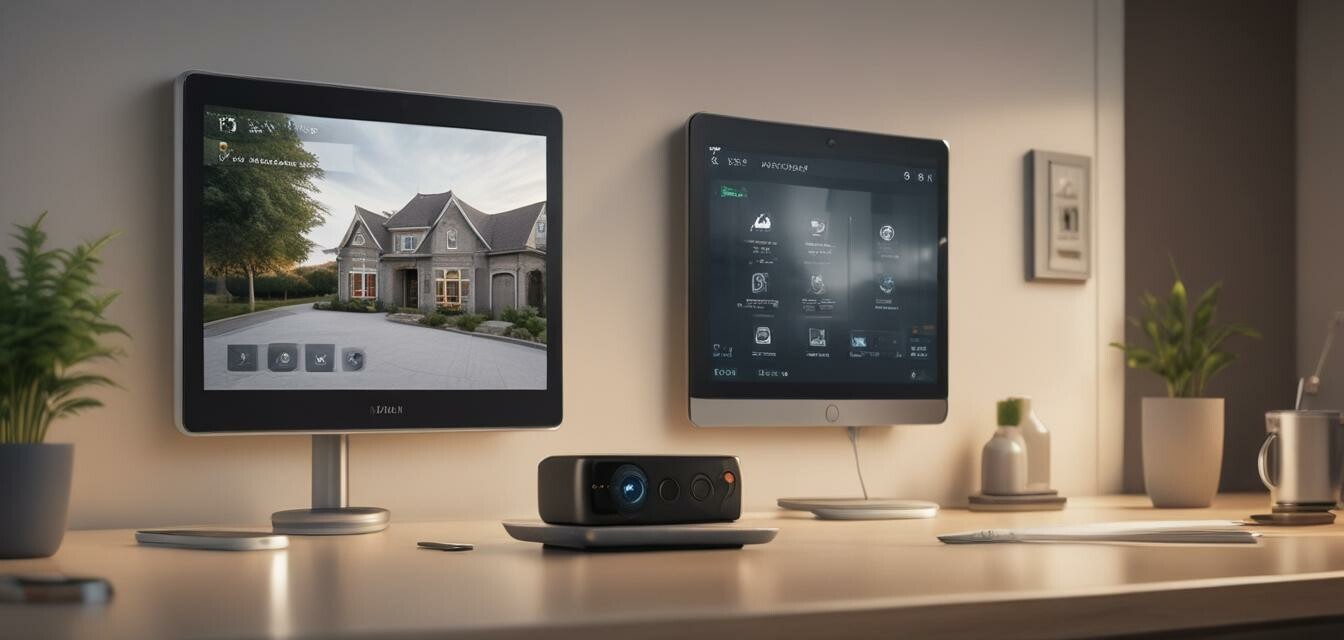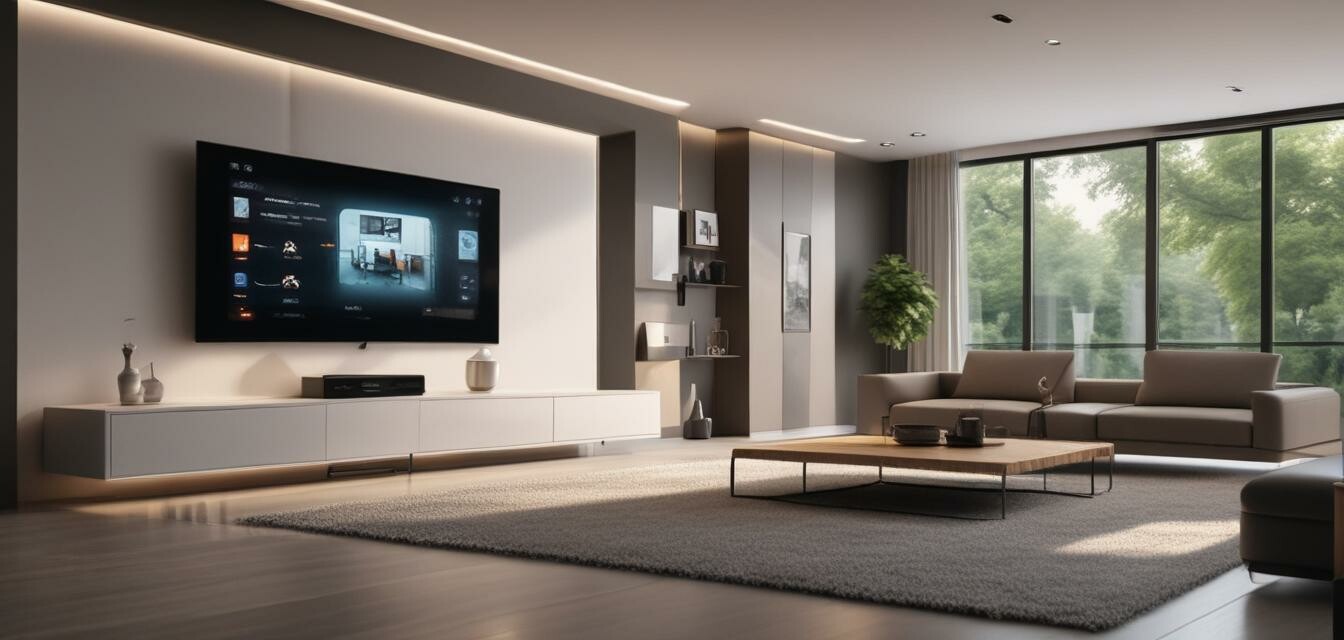
Smart Home Security and Privacy Concerns
Key Takeaways
- Smart home security devices offer convenience but raise privacy concerns.
- Data breaches and unauthorized access are major risks associated with these technologies.
- Understanding how to configure settings can enhance privacy and security.
- Users must stay informed about the types of data collected by their devices.
The emergence of smart home security devices has revolutionized the way we monitor our homes. While these devices provide remarkable convenience and peace of mind, they also introduce significant privacy concerns that consumers must navigate. In this comprehensive article, we will tackle the various privacy implications associated with smart home security systems, empowering you with the knowledge to use these tools responsibly.
Understanding Smart Home Security Systems
Smart home security systems encompass various devices designed to enhance your home’s safety. These include:
- Smart cameras
- Motion sensors
- Alarm systems
- Smart locks
- Home automation devices
These devices connect to your home network, allowing you to monitor and control them remotely through your smartphone or computer. However, this connectivity comes with a price — your privacy.
Privacy Implications of Smart Security Devices
1. Data Collection and Storage
Smart home security devices constantly collect data. This information can include:
- Live video feeds
- Motion detection logs
- Access logs to smart locks
- Alerts and notification histories
This data is often stored in the cloud, raising concerns about unauthorized access and data breaches.
2. Potential for Unauthorized Access
Security breaches can occur at various levels, from the device itself to the cloud service hosting the data. Hackers may exploit vulnerabilities to gain unauthorized access, leading to potential threats such as:
- Viewing security camera feeds
- Disabling alarm systems
- Gaining physical access through smart locks
3. Lack of Transparency from Manufacturers
Many manufacturers do not provide clear information on their privacy policies. Users might not fully understand:
- What data is collected
- How it is stored
- Who has access to it
It's essential to read the privacy policies of devices you purchase and ask questions if you have concerns.
Table: Common Smart Home Security Devices and Their Privacy Issues
| Device Type | Privacy Concerns |
|---|---|
| Smart Cameras | Continuous video recording can lead to potential surveillance breaches. |
| Smart Locks | Possible vulnerabilities that allow unauthorized entry if hacked. |
| Motion Sensors | Data collection without user's knowledge can be intrusive. |
How to Protect Your Privacy
1. Understand Your Devices
Read the user manual and privacy policy to understand how your devices operate and what data they collect. Regular software updates also patch vulnerabilities.
2. Change Passwords Regularly
Use strong, unique passwords for your smart devices and accounts. Consider enabling two-factor authentication (2FA) for added security.
3. Limit Data Sharing
Review the settings in your device's app to limit data sharing. Opt-out of any unnecessary data collection features.
Image: Security Devices
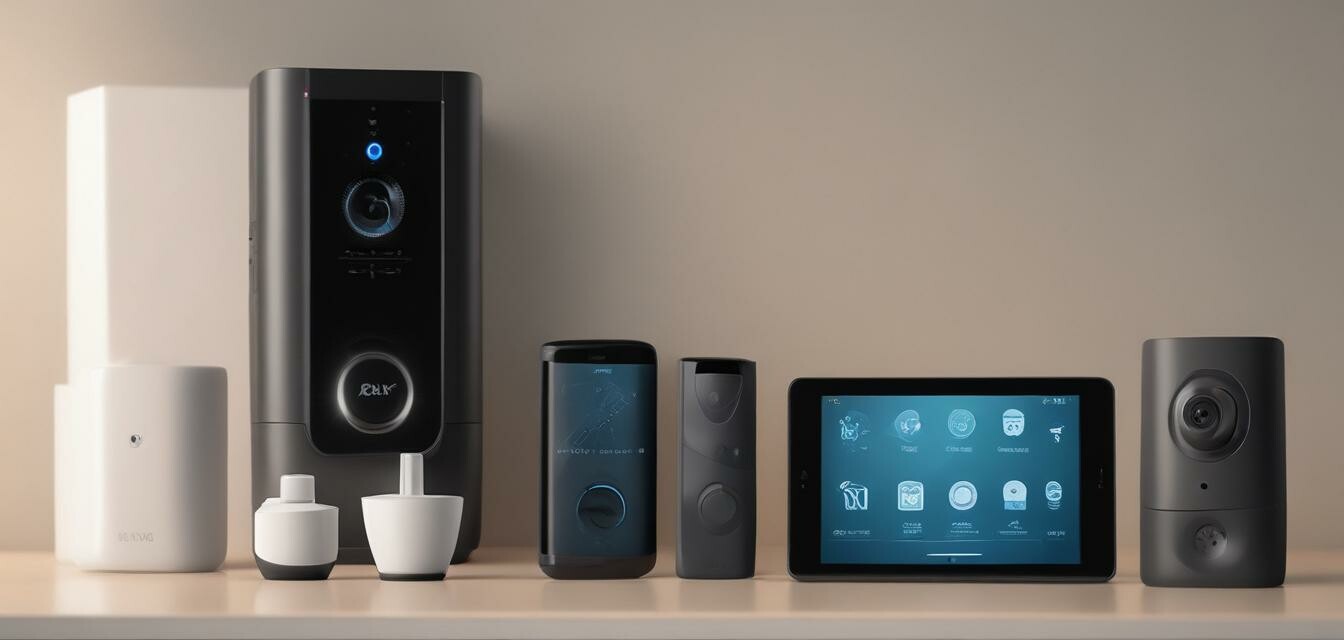
4. Regular Audits
Regularly audit your devices to ensure they are functioning correctly and that no unauthorized access has occurred. Check for unknown devices connected to your network.
Impact of Poor Privacy Practices
Failure to uphold privacy standards can result in dire consequences, such as:
- Stolen personal information
- Loss of physical property
- Invasion of privacy
Comparison of Smart Home Security Products
| Feature | Smart Cameras | Smart Locks |
|---|---|---|
| Remote Access | Yes | Yes |
| Data Encryption | Dependent on brand | Dependent on brand |
| Privacy Features | Varies greatly | Varies greatly |
Conclusion
Smart home security devices can significantly enhance your home’s safety, but they also bring along serious privacy risks. By understanding these risks and taking proactive steps to secure your information, you can enjoy the benefits of technology while safeguarding your personal privacy. Stay informed and vigilant.
Pros
- Enhanced home security with real-time monitoring.
- Remote access to security settings for convenient management.
- Integration with other smart devices for home automation.
Cons
- Increased risk of hacking and unauthorized access.
- Data privacy concerns due to constant data collection.
- Dependence on internet connectivity for functionality.
Further Reading
For more information about smart home security systems, check out our articles on:
Image: Secure your Home


